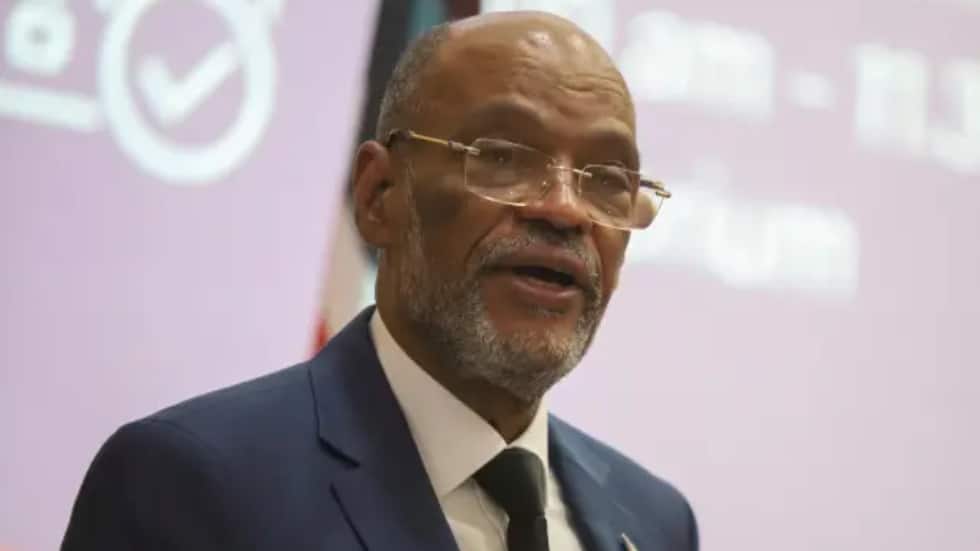A few days after US and Haitian diplomats discussed sending US special forces to Haiti to help Prime Minister Ariel Henry regain control over the capital city, a White House official dismissed the idea of deploying soldiers to the Caribbean nation.
According to McClatchy DC, US and Haitian diplomats held “frantic” conversations late last week that “raised the prospect of an emergency deployment of US special forces.” On Monday, the outlet reported speaking with a White House National Security Council official who dismissed the possibility.
“The United States is not sending US troops to Haiti to support the Haitian national police’s security operations,” the official explained. “We are urgently mobilizing all support we and the international community can immediately provide Haiti, especially to the Haitian national police, to ensure they are able to restore security for the sake of the people.”
The support the official is referring to a Kenyan lead force that will see thousands of armed men deployed to Haiti. Last year, the UN Security Council approved the mission and refers to international deployment to Haiti as a “police” force rather than UN Peacekeepers or soldiers. Washington worked to get the Security Council to approve the armed deployment to Haiti and is spending $200 million to finance the operation.
The discussion about sending US troops to Haiti came as the government in Port-au-Prince, led by Henry is losing control over the capital city. Henry has slowly lost control over Port-au-Prince since he ascended to power in 2021 with Washington’s backing.
The branding of the international mission as a “police” force is likely aimed at quelling Haitian concerns about armed foreign fighters in their country. UN peacekeepers have a dark history in Haiti, including rampant sexual abuse and causing a cholera outbreak that killed about 10,000 people.
The deployment of the UN force to Haiti was obstructed by the Kenyan opposition, which challenged sending a force abroad at the High Court in Nairobi. Initially, it appeared the court blocked the deployment. However, Kenyan President William Ruto inked an agreement with Henry last week that bypasses the court ruling.
Ruto and National Security Council Spokesman John Kirby have called to “expedite” the deployment of the Kenya-led force. Ruto said Kenya is willing to send 1,000 police while Benin is willing to send 2,000 armed men.
As Henry traveled to Kenya to sign the agreement, attacks on government-controlled areas in Haiti increased. There have been raids on jails that have released about 4,000 prisoners and attacks on the airport in Port-au-Prince. At least 12 people have been killed in the fighting.
Henry’s security forces suffered a series of losses to the opposition groups in recent weeks. The opposition to Henry is often dismissed as criminal gangs. However, the main opposition, bwa kale, is a vigilante group that gained power in opposition to the gains.
The leader of the vigilante group – Jimmy Chérizier – says his goal is to topple the Henry government. “We have chosen to take our destiny in our own hands. The battle we are waging will not only topple Ariel’s government. It is a battle that will change the whole system,” he said.








